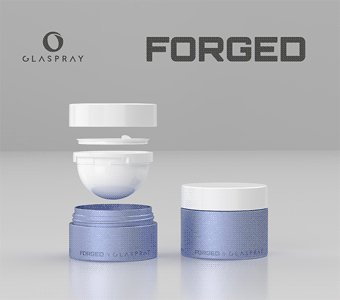
Avon has become the latest major cosmetics brand to commit to GreenPalm, an online trading scheme of sustainable palm oil certificates. Thus, Avon is joining other major players of the cosmetics industry, such as Johnson & Johnson, Unilever, Liz Earle or also Oriflame.
Although Avon is not a major user of palm oil (less than 100 tons annually), the company has made the commitment to purchase GreenPalm certificates covering 100% of its global palm oil use beginning in July 2011, and thus to participate in the funding of sustainable palm oil production. Avon is the first major cosmetics company to commit to such a level [1].
Most of the palm oil production, nearly 80%, is used in food products, but it is also present in many cosmetic products. Oil palm monoculture is accused of being a major cause of the destruction of tropical ecosystems and causing the extinction of many species, including orang-utans.

GreenPalm is the certificate trading programme endorsed by the Roundtable on Sustainable Palm Oil (RSPO) as the official broker for the trade in sustainable palm oil certificates.
For every tonne of palm oil produced in conformity with the criteria defined by the RSPO, producers of certified palm oil can obtain a GreenPalm certificate. Then, these certificates are sold on an online trading platform. Companies (manufacturers, distributors ...) that need to obtain supplies of palm oil can then make tender and purchase certificates. The certificate price is donated directly to the certified producer, as a bonus, which is supposed to encourage other producers to similarly opt for this type of production.

Although the RSPO is supported by a number of environmental NGOs, such as WWF, it is strongly criticized by others as a tool to justify the existence and even the expansion of plantations that cannot be sustainable.



































